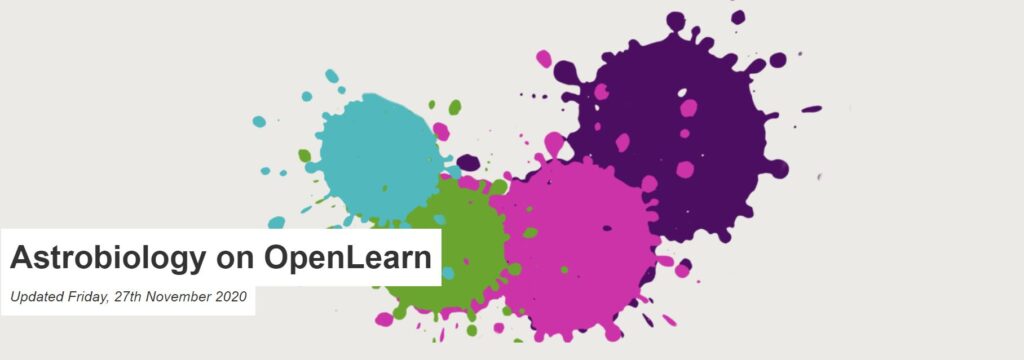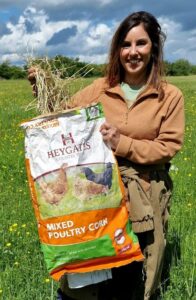
Dr Geeta Ludhra, Dadima’s CIC.
“Ah, Mitti Matters!” Dr Geeta Ludhra was responding enthusiastically to my clumsy attempts to explain the value of floodplain meadows.
‘Mitti’ (मिट्टी), Geeta explained, is the Panjabi word for soil. The word ‘mitti’ evokes ancestral land memories for many first and second-generation British South Asians like Geeta, through family histories and nostalgic stories that the elders carried with them from the Motherland. It can hold a deep spiritual and inter-generational dimension of Panjabi folk traditions and celebrations of festivals like Lohri and Vaisakhi.
And Mitti really does matter to Geeta, her identity, her family history and her connections to landscapes. Once Geeta had explained this to me ‘Mitti Matters’ had to be the name of our latest project.
In late May 2024 colleagues from the Floodplain Meadows Partnership and the Open University had the pleasure and privilege of walking with members of the Dadima’s Community Walking Group and other walkers as a contribution to Mitti Matters.
Alongside Geeta, Open University ecologists (David Gowing, Vicky Bowskill and Emma Rothero) helped me to plan our walk together. Emma, David and Vicky led the walk on the day, sharing scientific and cultural information, and answering questions.
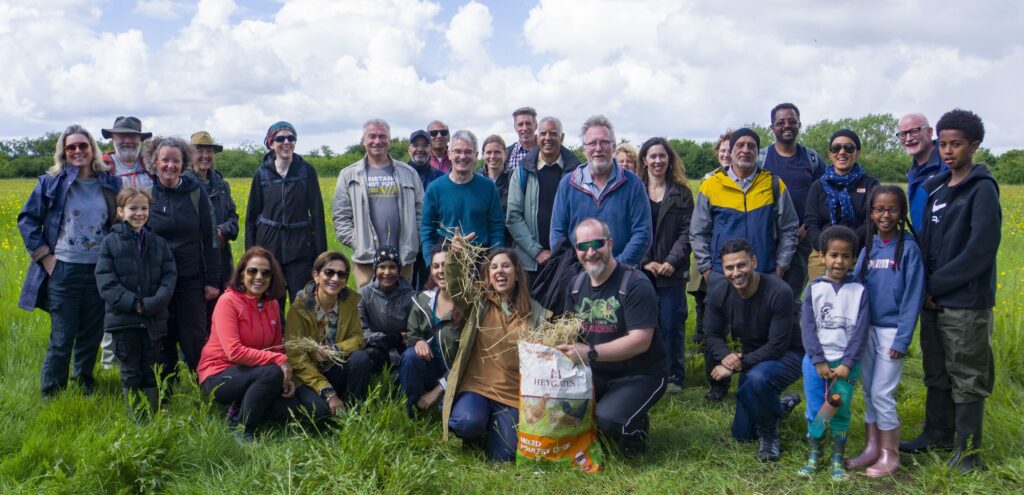
Walkers from Dadima’s CIC, and scientists from the Open University, in a hay meadow. Credit: Sivi Sivanesan.
Continue reading →

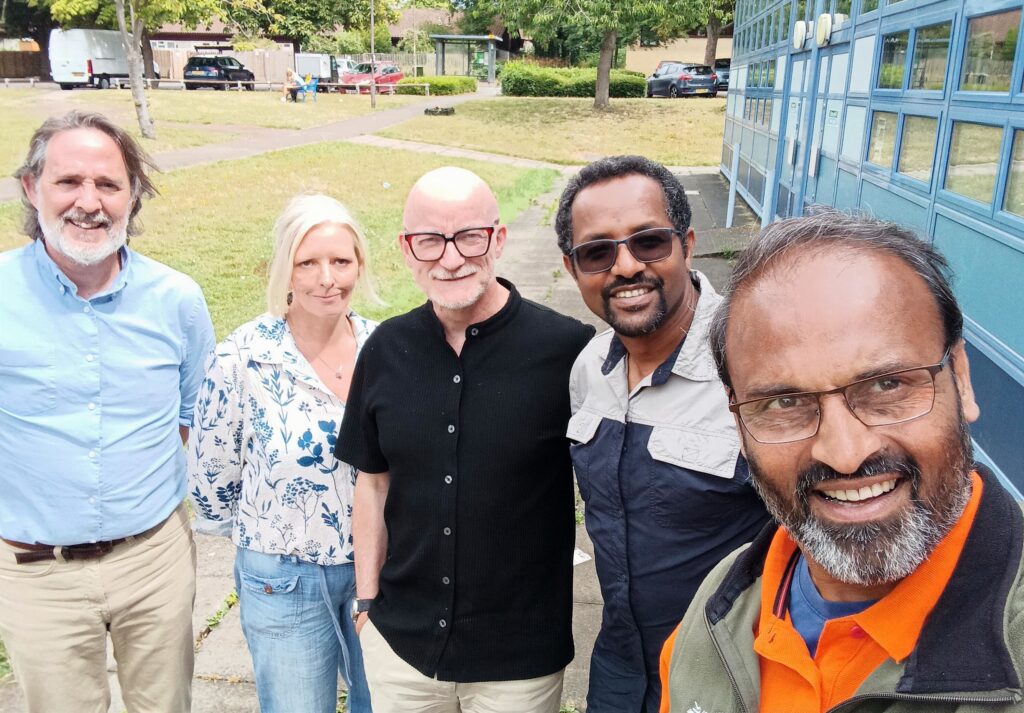
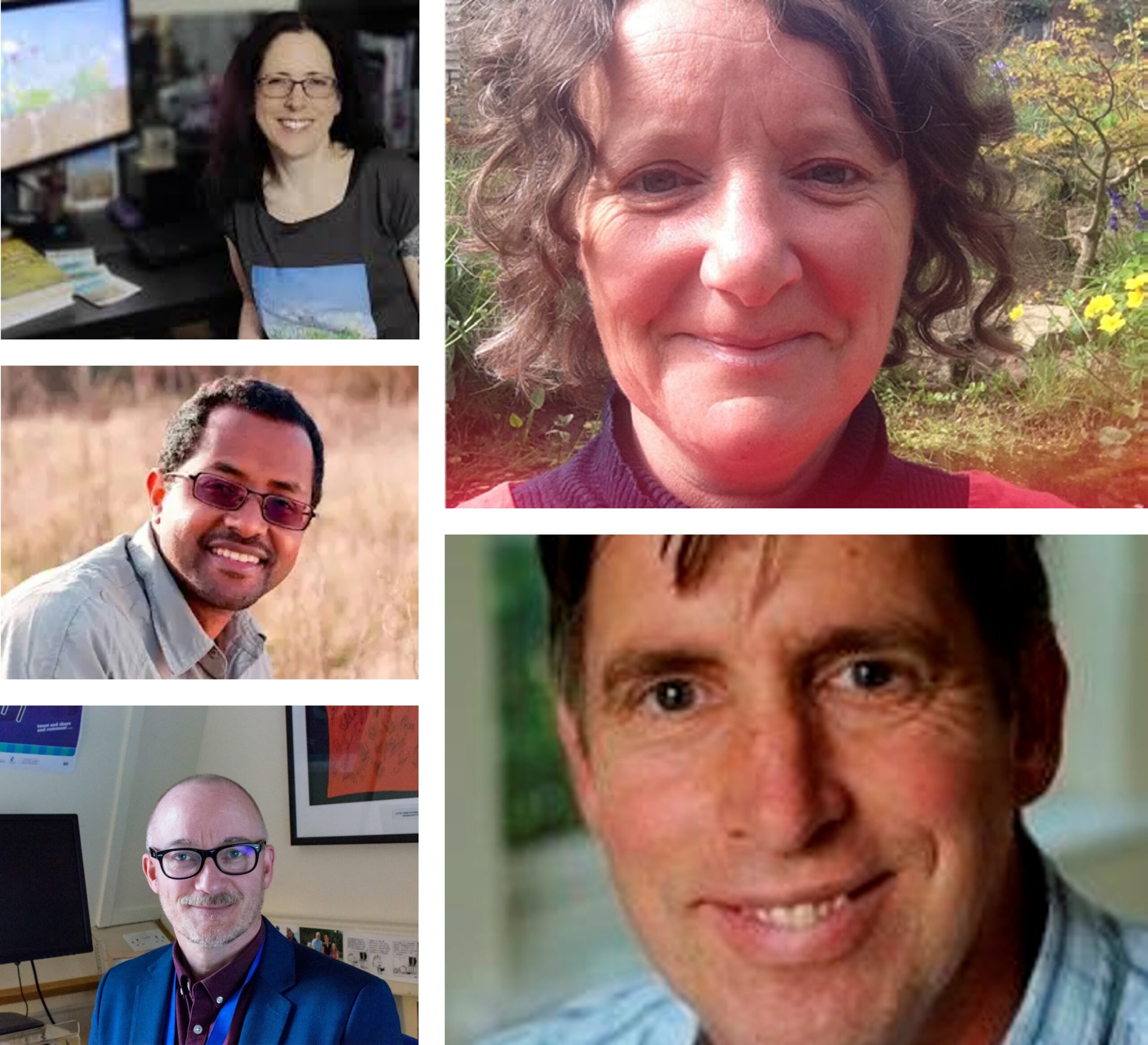



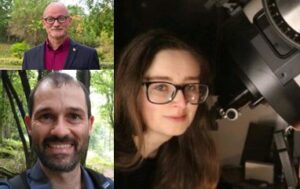
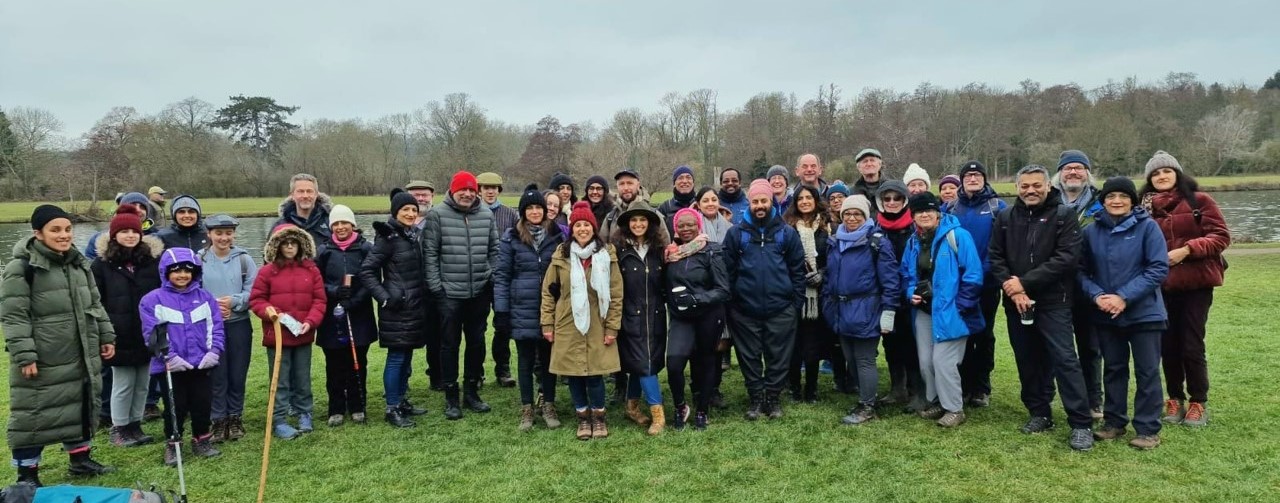
.jpg)


